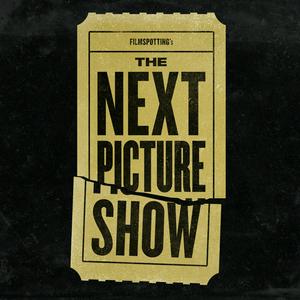#469: Mr. and Mrs. Mystery, Pt. 2 — Black Bag
BLACK BAG, Steven Soderbergh’s latest 90-minute collaboration with writer David Koepp, is in theory a sprawling international spy thriller, but in practice it’s a more intimate study of how a marriage can thrive in an environment where trusting your spouse is considered a weakness. This week we talk about how that genre disconnect works for and against BLACK BAG, before bringing in this pairing’s companion film, 1934’s THE THIN MAN, to compare how Nick and Nora Charles’s bantering, crime-solving partnership compares to the cooler, less boozy charms of Cate Blanchett and Michael Fassbender’s married spies. Then for Your Next Picture Show, we reach back to one of this podcast’s very first episodes to cannibalize a recommendation for a film that we’ve already covered on the show, but was too clear an inspiration on BLACK BAG to ignore. (And really, is there ever a bad time to recommend WHO’S AFRAID OF VIRGINIA WOOLF?)
Please share your thoughts about THE THIN MAN, BLACK BAG, or anything else in the world of film, by sending an email or voice memo to
[email protected], or leaving a short voicemail at (773) 234-9730.
Next pairing: David Cronenberg’s THE SHROUDS and THE FLY
Chapters:
Intro: 00:00:00-00:02:04
Black Bag discussion: 00:02:04-00:29:03
Black Bag/The Thin Man Connections: 00:29:03-00:58:35
Your Next Picture Show: 00:58:35-01:04:50
Next episode preview and goodbyes: 1:104:50-end
Learn more about your ad choices. Visit megaphone.fm/adchoices
